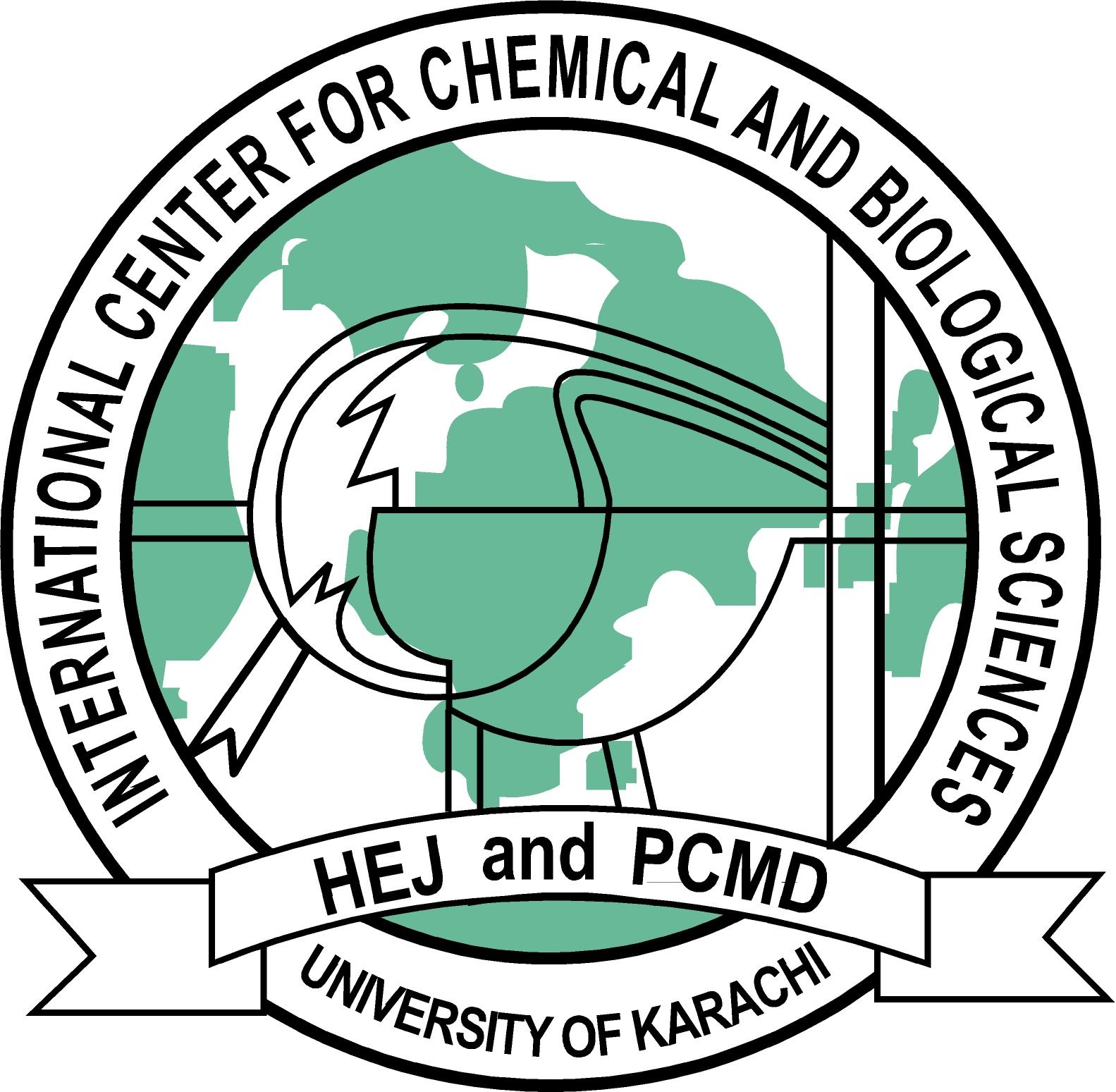The chemistry of plants and insects : plants, bugs, and molecules / Margareta Séquin, Department of Chemistry and Biochemistry, San Francisco State University, USA.
Material type: TextPublication details: UK. Royal Society of ChemistryDescription: x, 186 pages : illustrations (chiefly color) ; 24 cmISBN:
TextPublication details: UK. Royal Society of ChemistryDescription: x, 186 pages : illustrations (chiefly color) ; 24 cmISBN: - 9781782624486
- 595.715 23
- QK496 .S43 2017
| Item type | Current library | Call number | Status | Date due | Barcode |
|---|---|---|---|---|---|
 Book
Book
|
The National Library of Chemical Sciences, HEJ Research Institute of Chemistry (HEJ) Library | QK496.S47_2017 (Browse shelf(Opens below)) | Available | 8430 |
Browsing The National Library of Chemical Sciences, HEJ Research Institute of Chemistry (HEJ) Library shelves Close shelf browser (Hides shelf browser)

|

|

|

|

|

|

|
||
| QP514.2.A53_2017 Biochemistry/ | QD31.2.S56_2017 A Complete Resource Book For Jee Main 2018: | QD-428-.E45-2016 Stereochemistry of organic compounds | QK496.S47_2017 The chemistry of plants and insects : | QC454.M6.M38_2017 Molecular spectroscopy / | RS403.G46-2016 Textbook of Pharmaceutical Chemistry/ | QD272.M6.M37-2008 A Practical Guide to Magnetic Circular Dichroism Spectroscopy/ |
Includes bibliographical references and index.
Part 1. The plant perspectives. Plants attracting insects -- Plants that eat insects -- Plants' defense against insects -- Part 2. The insect perspective. Insects and their chemistry -- Insects feeding on plants -- Plant galls : protection and food for the young -- Insects that use plant defenses for their own protection -- Insects that provide protection for plants -- Part 3. Plants and insects : the human perspective. Human uses -- Plant-insect interactions and the human role.
"Specific organic compounds and intriguing chemistry determine whether insects are keen on feeding on plants or avoid certain plants altogether. Some insects have learned to use plant compounds as their own defences, and some plants use digestive processes to use insects as nutritional supplements. Plant-insect interactions are vital for our food supply, for pollination of orchards or detrimentally in insect infestations of crops, as well as in applications like silk production. This book benefits from Margareta Séquin's vast experience leading field trips and seminars to botanical gardens and nature reserves, and teaching chemistry to beginners. Organic chemistry is often seen as a challenging, sometimes abstract field. This book makes chemistry exciting and accessible for readers interested in a deeper understanding of the natural world."--

